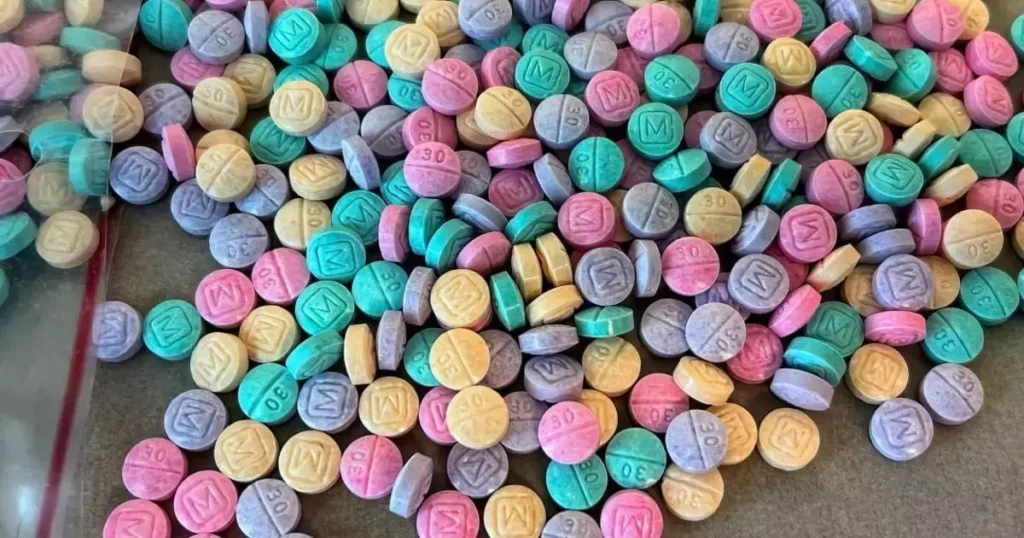
Common Methods of Fentanyl Use
Legacy Healing Center Blog
Fentanyl is a powerful synthetic opioid that is used to treat severe pain, such as pain from cancer or surgery. However, it is also a highly addictive and dangerous drug when used recreationally. Fentanyl is often mixed with other drugs, such as heroin or cocaine, and its potency makes it a major contributor to the current opioid epidemic. Fentanyl can be ingested in a variety of ways, and all common methods of fentanyl use carry its own set of risks and dangers.
How Is Fentanyl Ingested?
There are many common methods of fentanyl use, as fentanyl can be ingested in several ways. Some of the ways to use this drug are by swallowing pills, using patches, or taking lozenges. However, many people who abuse fentanyl do so by smoking, snorting, or injecting it. Each of these methods of use has its own risks and potential for harm.
Can You Smoke Fentanyl?
Some smoke fentanyl by heating it on foil and inhaling the vapors, which means that, yes, you can smoke fentanyl. However, smoking fentanyl is extremely dangerous, as it can lead to immediate and severe respiratory distress, overdose, and death. It also increases the risk of addiction, as well as long-term damage to the lungs and other organs.
Can You Snort Fentanyl?
Yes, fentanyl can be snorted in its powdered form. Snorting fentanyl is also extremely dangerous. Just as smoking the substance has potential side effects, snorting can also lead to overdose and death. The nasal tissues are not designed to handle the powerful effects of fentanyl, and snorting the drug can cause significant damage to the nose and sinuses.
Can Fentanyl Be Injected?
You can inject fentanyl intravenously. This is one of the most dangerous methods of using fentanyl, as the risk of overdose or death quickly occurring is far greater than other methods of use. Injecting fentanyl also increases the risk of contracting blood-borne illnesses, such as HIV or hepatitis, through shared needles.
Signs of Fentanyl Overdose?
A fentanyl overdose can occur quickly and without warning. Signs of a fentanyl overdose include:
- Difficulty breathing
- Extreme drowsiness or unconsciousness
- Constricted pupils
- Cold and clammy skin
- Slow or irregular heartbeat
If you suspect someone is experiencing a fentanyl overdose, call 911 immediately.
Signs of Fentanyl Withdrawal?
Fentanyl is a highly addictive drug, and withdrawal can be extremely difficult and uncomfortable. Symptoms of fentanyl withdrawal include:
- Restlessness
- Muscle and bone pain
- Insomnia
- Diarrhea
- Vomiting
- Cold flashes with goosebumps
- Involuntary leg movements
Withdrawal symptoms can begin as soon as a few hours after the last dose and can last for several days or weeks.
Overcome the Battle With Addiction at Our Parsippany Rehab
Fentanyl use in any form can be extremely dangerous and potentially deadly. It is important to seek professional help if you or someone you know is struggling with fentanyl addiction or abuse. Legacy Healing Center in Parsippany, NJ, provides comprehensive addiction treatment programs for those struggling with opioid addiction, including medically supervised detox, therapy, and aftercare support. Recovery is possible, and seeking help is the first step toward a healthier and happier life.
To learn more about our treatment center, call us today and speak with one of our trained intake specialists.
Related Readings:
Breaking Down the Cycle of Addiction